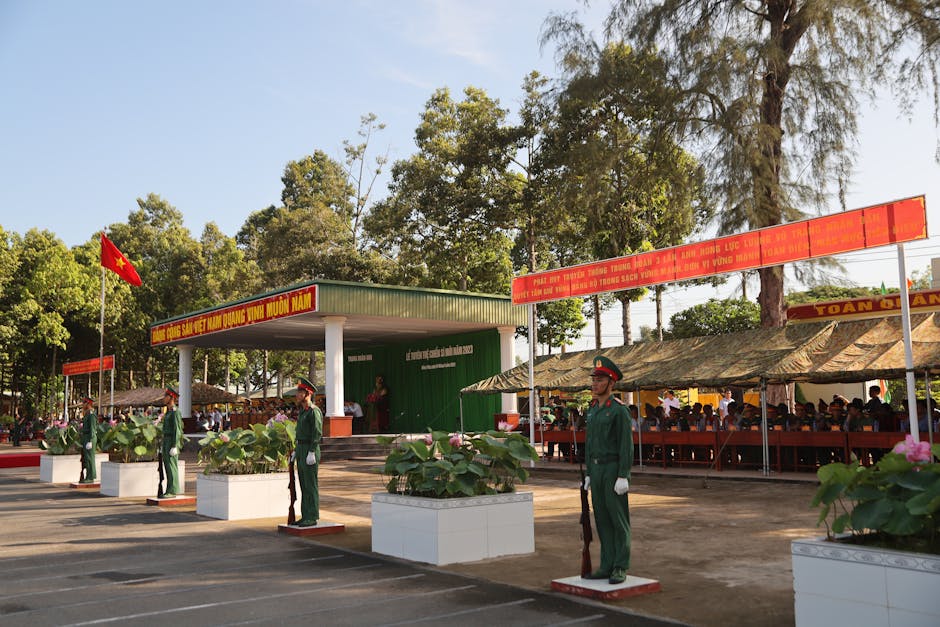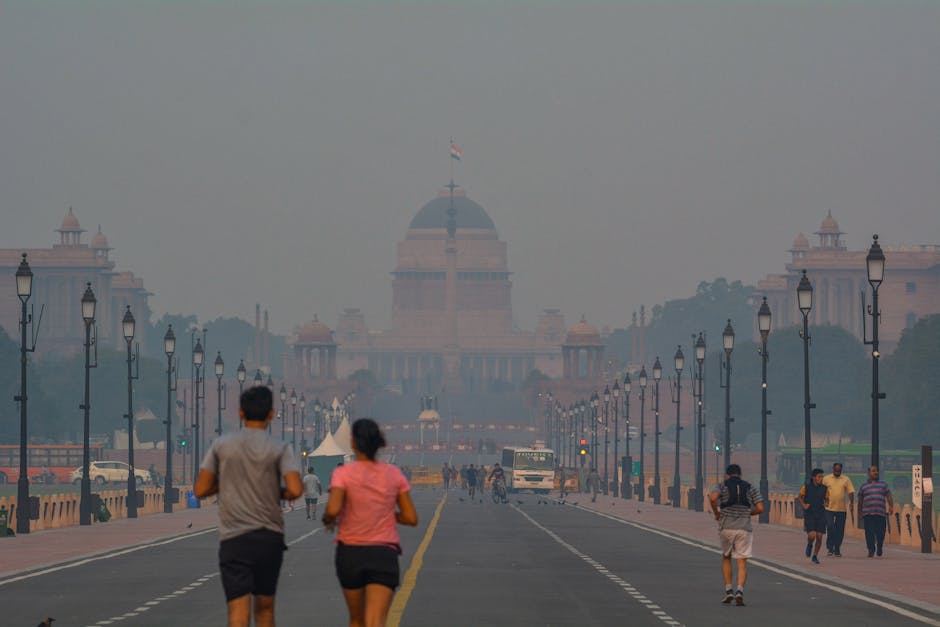Trump Sends California National Guard to Portland
In a controversial decision, President Donald Trump has deployed California National Guard troops to Portland, Oregon, to address ongoing protests and unrest. This move has intensified tensions between federal authorities and local leaders, who view it as an overstep of federal power and a breach of states’ rights.
Background: Protests and Federal Intervention
Portland has been a focal point of protests since the killing of George Floyd in May 2020, with demonstrators demanding systemic reforms to combat police brutality and racial injustice. While many protests have remained peaceful, some have escalated into violent clashes between protesters and law enforcement.
Recent weeks saw the arrival of federal agents in the city, leading to widespread criticism over tactics such as the use of unmarked vehicles to detain protesters. The deployment of California National Guard troops adds another layer of complexity to the already volatile situation.
California Governor Gavin Newsom Criticizes the Move
California Governor Gavin Newsom, a vocal opponent of President Trump, was reportedly not consulted before the deployment decision. In a statement, Newsom expressed his concerns, calling the move “unprecedented and deeply concerning.” He emphasized, “This is not the role of the federal government. It is an affront to the principles of federalism and the sovereignty of states.”
Trump Administration Defends Deployment
The Trump administration has justified the deployment, citing the need to restore order and protect federal property. Acting Secretary of Homeland Security Chad Wolf stated, “The violence and destruction in Portland cannot be allowed to continue. We are committed to ensuring the safety of all Americans and protecting public property.” The administration has also accused “antifa” and far-left groups of fueling the unrest, though critics argue these claims are exaggerated.
Local Leaders and Civil Rights Groups Respond
Portland Mayor Ted Wheeler condemned the deployment, labeling it “an attack on our democracy.” Wheeler urged the federal government to withdraw all troops and agents, asserting, “Portland does not want or need this kind of ‘help.’ We are capable of managing our own affairs and addressing the root causes of the unrest.”
Civil rights organizations, including the ACLU, have also raised alarms. ACLU Executive Director Anthony Romero warned, “The presence of National Guard troops in Portland is a dangerous escalation that threatens the rights of peaceful protesters. We cannot allow the federal government to use military force to silence dissent.”
National Guard’s Role and Federal-State Tensions
The deployment raises questions about the traditional role of the National Guard, which is typically activated by state governors for emergencies. Sending troops across state lines without the governor’s consent is highly unusual and has sparked debates over the balance of power between federal and state governments.
What’s Next for Portland?
As tensions escalate, protesters have vowed to continue their demonstrations, while federal authorities remain resolute. The deployment of California National Guard troops marks a significant turning point in the ongoing conflict between the Trump administration and cities grappling with racial justice and police reform.
Portland remains a battleground—not just for protesters and law enforcement, but for the broader struggle over federal intervention in local affairs. Will this move restore order, or will it further inflame tensions? Only time will tell.




